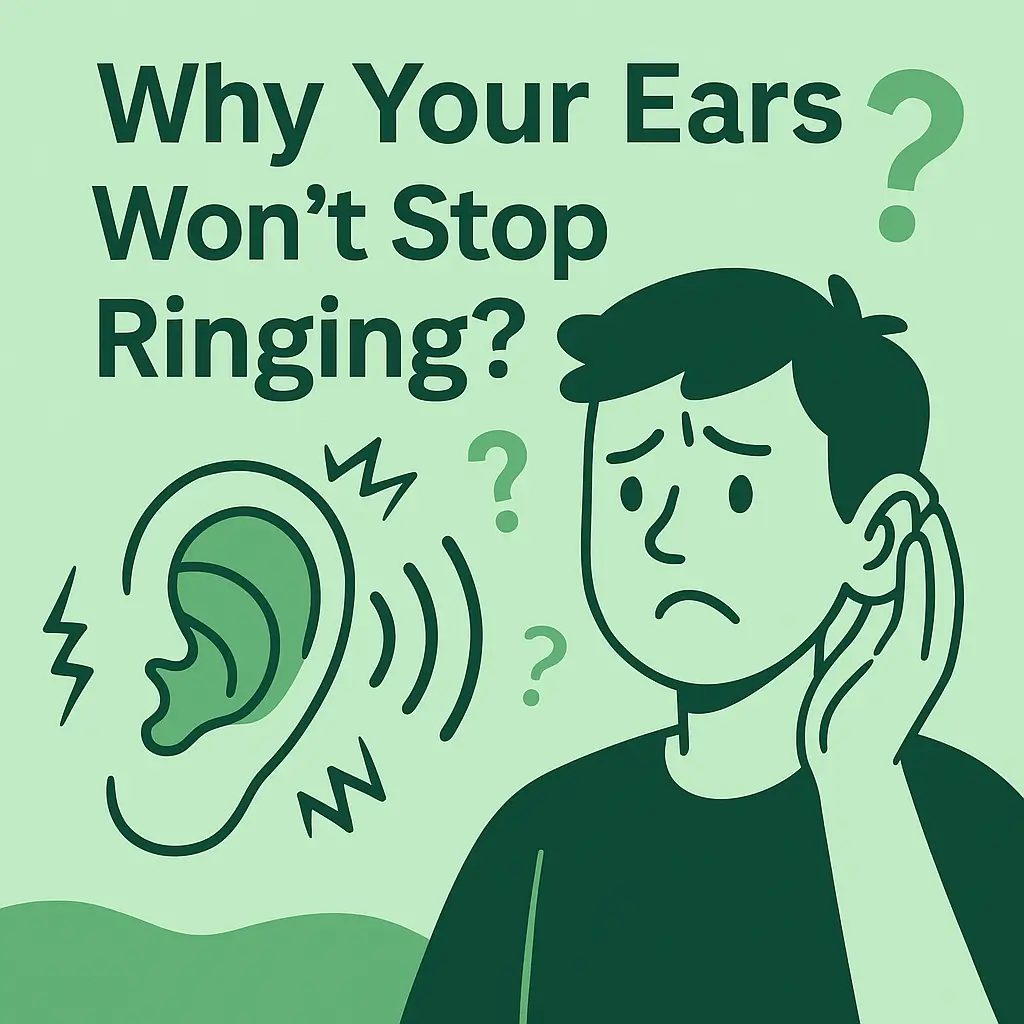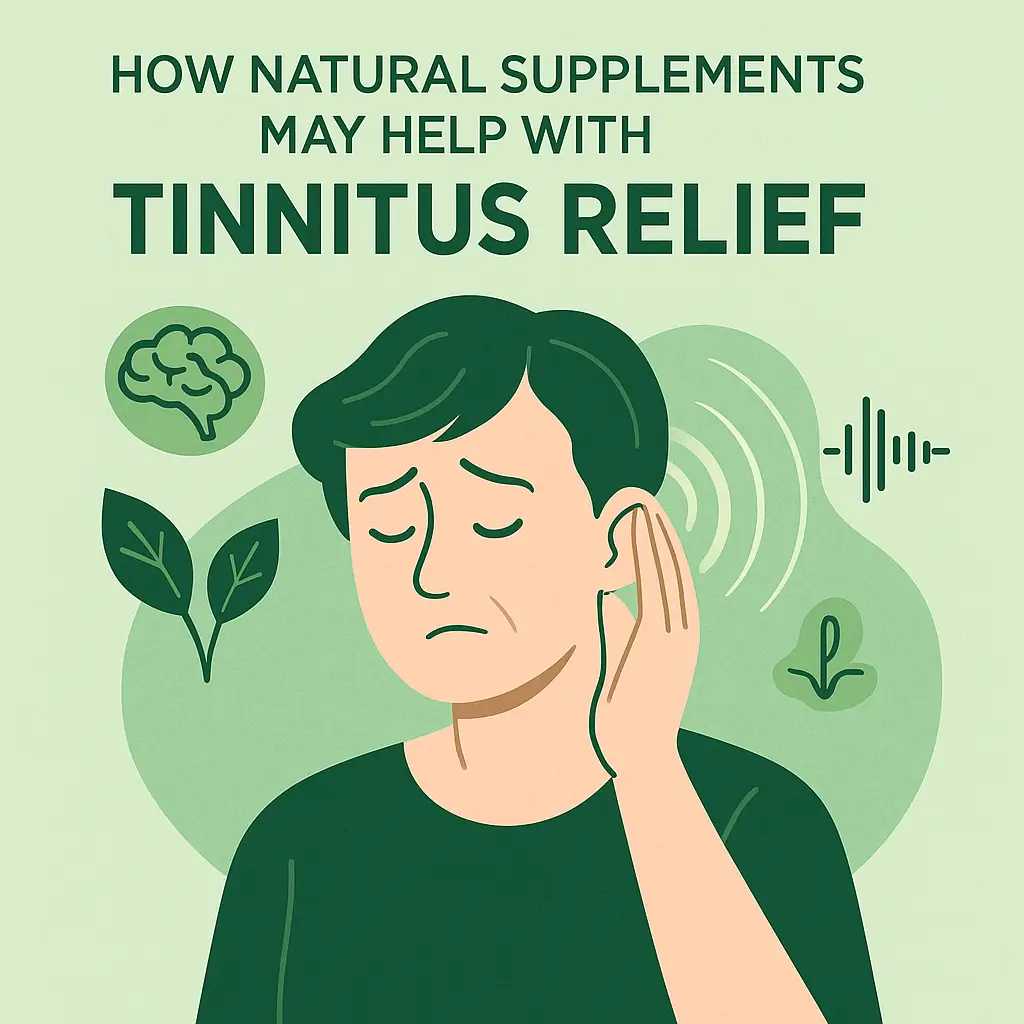What That Ringing in Your Ears Could Really Mean
If you’ve been noticing a persistent ringing in your ears, you’re not alone. Millions of people experience this strange sensation daily — often without knowing what’s causing it or whether it’s a serious issue.
In this post, we’ll explore what that ringing sound might really mean, what triggers it, and when it’s time to take action. Let’s get started.
🔊 What Is That Ringing in Your Ears?
The ringing in your ears is known medically as tinnitus — the perception of sound when no external noise is present. It can show up as a high-pitched tone, buzzing, clicking, or even a roaring sound. The volume and persistence can vary greatly from person to person.
Tinnitus is not a disease itself but a symptom of an underlying condition. Understanding what it signals is key to protecting your hearing and overall well-being.
🧠 Common Causes of Tinnitus
There are several reasons why someone may experience ringing in their ears, including:
- Hearing loss: As you age, the tiny hair cells in your inner ear naturally degrade, often leading to tinnitus.
- Loud noise exposure: Concerts, machinery, or prolonged use of headphones at high volumes can trigger ear ringing.
- Ear infections or blockages: Wax buildup or infection can interfere with sound perception and cause buzzing or ringing.
- Circulatory issues: Irregular blood flow near the ears can create pulsing or rhythmic sounds.
- Jaw or neck problems: TMJ disorders or tension in the cervical spine can also be culprits.
⚠️ Is Ringing in the Ears Dangerous?
Most of the time, ringing in your ears is harmless but annoying. However, it can sometimes signal more serious issues like:
- Inner ear damage
- Hearing loss progression
- Chronic stress or neurological conditions
If the ringing is constant, worsens over time, or is accompanied by dizziness or hearing loss, you should seek professional help.
💤 How Tinnitus Affects Your Daily Life
Tinnitus can impact your:
- Sleep – making it harder to fall or stay asleep
- Concentration – due to the constant noise
- Mood – leading to irritability or anxiety
- Communication – especially in noisy environments
Left unchecked, it can affect your mental and emotional health, making it more than just a minor annoyance.
👂 Myths About Ringing in the Ears
Let’s bust a few common myths:
- ❌ “Tinnitus is always permanent.” – Many people experience temporary tinnitus that goes away on its own.
- ❌ “There’s nothing you can do about it.” – Several techniques and tools exist to manage symptoms.
- ❌ “It only happens to older people.” – While more common with age, it can affect people of all ages.
🧩 What Can You Do About It?
The first step is identifying potential triggers in your lifestyle or health history. Reducing noise exposure, managing stress, and improving sleep can help reduce symptoms.
There are also tools like sound therapy, mindfulness techniques, and natural support methods that many find effective in managing ringing in their ears.
🧭 When to Take Action
You should see a healthcare professional if:
- The ringing is sudden or one-sided
- You notice rapid hearing loss
- You feel dizzy or unbalanced
- The sound interferes with your daily life
An early response can often prevent the problem from getting worse — and open the door to more effective relief options.
👁️ Final Thoughts
If you’re struggling with ringing in your ears, you’re not alone — and it’s not something you have to simply “live with.” Understanding what’s behind the noise is the first step toward managing it.
Many people find natural, non-invasive approaches to be an effective part of their relief strategy.
👉 Curious about natural ways to support ear and hearing health?
Read next: How Natural Supplements May Help With Tinnitus Relief














Post Comment